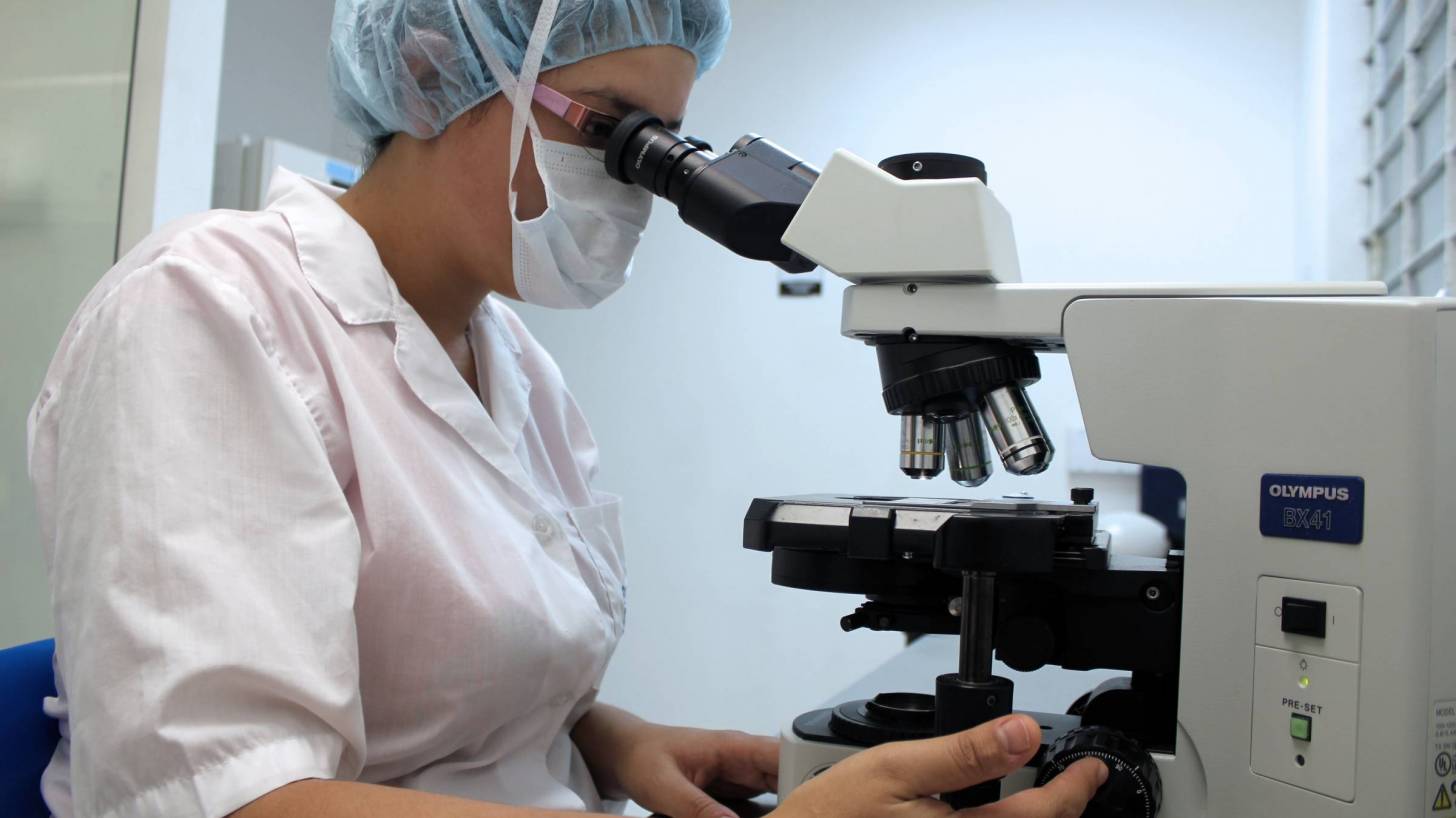Zika Testing Gets FDA Boost

Although the understanding of Zika is improving, diagnosing the Zika virus infection continues to present challenges for healthcare providers.
To enhance research efforts, diagnostic developers can now use human plasma samples from the Food and Drug Administration (FDA) to assess if their tests can distinguish the Zika virus infections from West Nile or dengue viruses.
Using the same serological panel to evaluate different devices available under Emergency Use Authorization (EUA) will help public health professionals compare the performance of different Zika virus tests.
To date, the FDA has granted EUAs to three serological tests for detection of recent Zika virus infection:
- Zika MAC-ELISA,
- ZIKV Detect IgM Capture ELISA, and
- LIAISON XL Zika Capture IgM Assay.
“At the onset of the Zika virus outbreak, when little was known about the disease or how to diagnose it, the FDA worked quickly with manufacturers to encourage the development of diagnostic tests and ensure they were available using its EUA authorities,” said FDA Commissioner Scott Gottlieb, M.D.
“This is part of our effort to ultimately bring these tests through the FDA’s formal review process to better ensure their reliability, and to enable broader access to Zika diagnostic testing,” said Dr. Gottlieb.
There are two primary blood diagnostic tests: nucleic acid tests that identify infection by confirming the presence of a virus’ genetic material (RNA) and serological tests that identify proteins (antibodies) produced by the body's immune system when it detects harmful organisms, such as Zika virus, in the blood.
Serological tests are especially important because there is often a small window when the virus’ genetic material is detectable.
During July 2017, the Centers for Disease Control and Prevention (CDC) updated its recommendations for pregnant women with Zika symptoms and pregnant women without symptoms.
The change focuses on one of the most frequently used Zika tests which detects immunoglobulin B (IgM) antibodies and is more likely to yield a false positive test result.
Recent studies have found that Zika IgM antibodies might be detected for months after infection, limiting the ability to tell if the infection occurred before or during pregnancy.
The CDC emphasized that healthcare providers should continue to ask pregnant women during prenatal visits about potential Zika exposure.
As of mid-August 2017, the CDC reports Pregnant Women with Any Lab Evidence of Zika Virus Infection:
- US States and DC: 2,212
- US Territories: 4,418
The FDA panel was prepared using samples from Zika virus-infected individuals provided by Blood Systems Research Institute (BSRI) from a study supported by Contract No. HHSN268201100001I from the National Heart, Lung, and Blood Institute (NHLBI), National Institutes of Health (NIH). Other developers interested in requesting a panel may contact the agency.
Our Trust Standards: Medical Advisory Committee
- FDA provides new tools for the development and proper evaluation of tests for detecting Zika virus infection
- Zika Virus: Updates to Clinical Guidance and Recommendations for Pregnant Women and Infants
- Update: Interim Guidance for Health Care Providers Caring for Pregnant Women with Possible Zika Virus Exposure — United States (
- Pregnant Women with Any Laboratory Evidence of Possible Zika Virus Infection in the United States and Territories

























